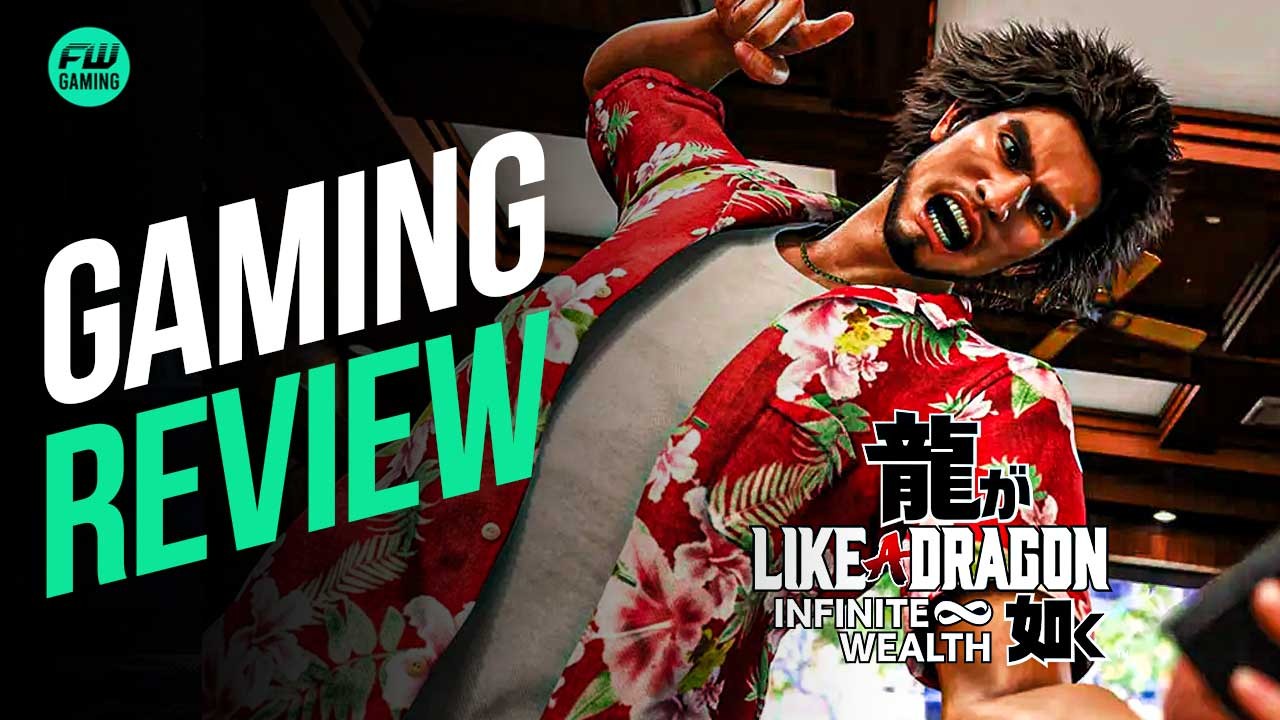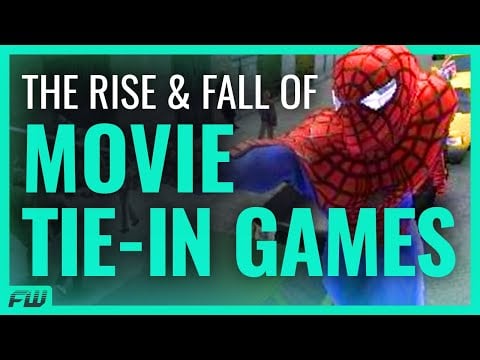Formerly known as Yakuza, the Like a Dragon franchise’s latest installment is nearly here, and it is safe to say that fans and critics alike are well overdue for the next Ichiban Kasuga adventure. Anyone who is a fan of the franchise will be aware that Like a Dragon: Yakuza threw a relative spanner in the works for the Japanese RPG back in 2020 when it switched from Kazuma Kiryu to the presumed permanent solo lead of the franchise Ichiban.
Thankfully, those changes worked out well for the developers Ryu Ga Gotaku Studio, and four years on we’re looking at the next chapter of Ichiban – and Kazuma’s – story. But how good is it? That’s exactly what we’re here to find out in this review.
Like a Dragon: Infinite Wealth’s an Evolution, not a Revolution
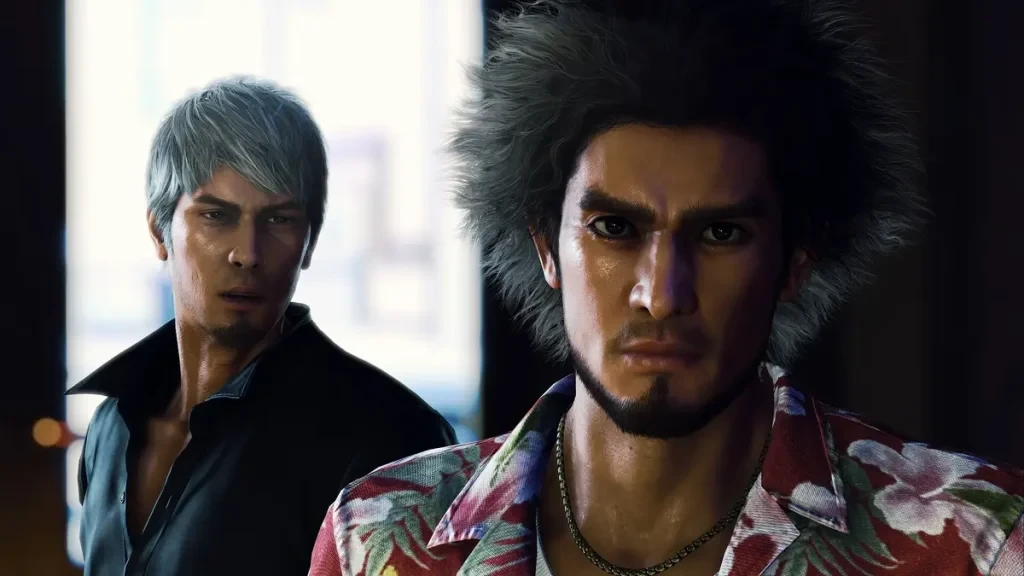
Many fans were surprised when the studio took the Yakuza/Like a Dragon franchise in a radically different direction back in 2020, with a new lead and a completely new genre. Now, since then we’ve had Like a Dragon: Ishin and the more recent Like a Dragon: The Man Who Erased His Name, proving this huge shift isn’t the sole direction of the franchise, but even if it was, Like a Dragon: Yakuza and Like a Dragon: Infinite Wealth make a good case for it being the right one.
For those unaware of the story so far, Like a Dragon: Yakuza found a new protagonist Ichiban Kasuga fresh out of jail and desperate to see his Yakuza clan leader and surrogate father Masumi Arakawa. Odd situations arise when instead of a hug he shoots our fluffy-haired hero, and a story full of twists, turns, betrayals, and shocking revelations begins. After collecting a group of rag-tag heroes along the way, the story ends with Ichiban avenging his surrogate father’s death, being indirectly responsible for the dissolution of two huge Yakuza families – members totaling the tens of thousands – and at a juncture in life that allows him a fresh start; and that’s where we find him at the opening of Like a Dragon: Infinite Wealth.
The opening cinematic of the game is an instant hook, with nothing being explained and a simple act of brutality leaving more questions than answers. And then it all comes to a crushing halt as the pace of the game – like all Like a Dragon/Yakuza games – comes to a snail’s pace. A few hours of cinematics, an uncomfortable date, and a rapid introduction – and subsequent firing – from Ichiban’s job could leave lesser fans of the franchise bored, but diehards already know what they’re getting into, and it offers the opportunity to reacquaint yourself with the characters Nanba, Adachi, and Saeko, as well as an all too familiar location.
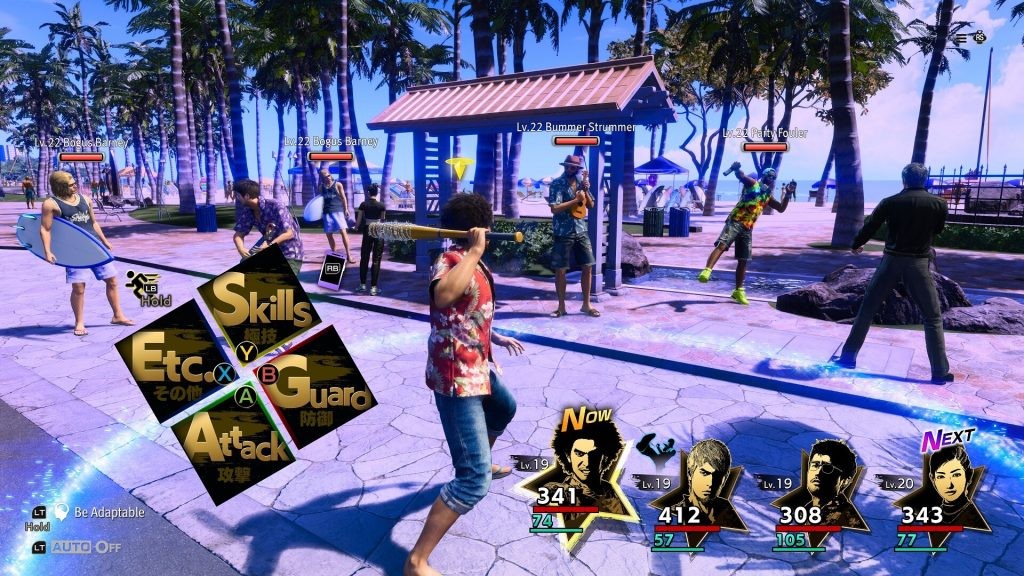
It also proves to be the best place for a tutorial into the newer mechanics of the sequel, with the combat system getting a sort of overhaul, whilst still retaining the familiarity of its turn-based predecessor. As with any turn-based RPG, the action is more strategic in practice, with far more thought and emphasis placed on the order and tactics applied to the actions, rather than all-out button mashing.
In Like a Dragon: Infinite Wealth, they take this simple genre rule and half throw it out the window. While the order of attacks is still present, you can move your character in real time to give a better advantage when attacking. Being in someone’s face gives you a damage boost, as opposed to having to run toward them to attack them.
This new method of combat also plays into the environmental attacks, as you can readily pick up and use items in the environment to cause additional damage. Before long you’ll find yourself instinctively looking for an advantage in more than just your character’s skillset, and it adds a unique and interesting dynamic to each battle.
Ryu Ga Gotaku may have also found a unique solution for the fans who were turned off by the RPG elements as well. With the reintroduction of a new look Kazuma Kiryu into the clan, players will be able to use his combat attacks in real-time, bringing both real-time and RPG fans together. And it certainly never gets boring doling out that sorta damage so quickly, and can easily turn the tide of an otherwise unwinnable fight.
The Usual Like a Dragon Madness
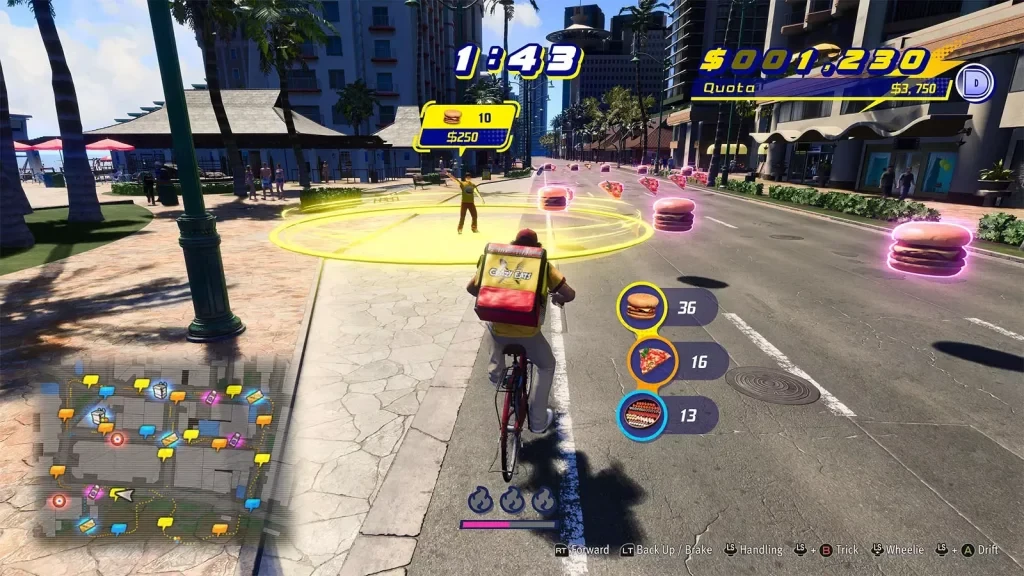
Whereas the combat system has had a little overhaul, a lot of the game’s core mechanics and gameplay will feel familiar to long-term fans of the franchises. From the bonkers substories, some of which will undoubtedly make you feel uncomfortable, to the off-kilter and genuinely amusing mini-games, which in a couple of cases are entire games of their own you could spend hours on like Sujimon and Dondoko Island.
Sujimon is exactly what the name sounds like; a ‘mini-game’ with the idea of catching all the Sujimon, just like Pokemon, that inspired it. You’ll have to wait a few hours to be introduced to it, but once you do, you’ll feel that nostalgic addictive feeling of needing to find the last one in a group, or a particular one that has eluded you for the longest time. This Pokedex-style mini-game will also force players to regularly involve themselves in streetfights, rather than avoiding them, as some do after a little while.
“…you’ll quickly realize that the good way outweighs the small amounts of bad, and you’ll have an absolute blast in what could be the studio’s best game yet.”
Not only that but once you’ve defeated and ‘collected’ these dangerous individuals, you’ll be able to recruit and use them in a team-based competition at the Sujimon stadium. It is as bonkers – in a great way – as it sounds.
The Dondoko Island minigame will be most familiar to anyone who has played Animal Crossing, with the focus being on customizing your island, conversing and building relationships with the locals, and all around having fun and relaxing. No combat, no stress. Just relax. And if that’s not enough, there’s also a dungeon roguelike mechanic in play that’ll keep you going back for more, as it changes with every entry.

Talking of the island, this seems like a good time to point out that Like a Dragon: Infinite Wealth is taking a franchise-first risk here, and taking the action and story to Hawaii. Not only is it pretty to look at and a big change from the regularly visited districts and cities the franchise has relied on up till now, it also offers new characters, stories, and more to the player. Plus there’s only so many times that the studio can get away with so obviously reusing and tweaking the same building assets again and again, game after game.
The story follows a general rule of thumb for Like a Dragon/Yakuza games and is filled with the usual mystery, bizarre connections, and rug-pulling antics of the previous games in the franchise, and other than a few moments of close-to-a-crawl, won’t something happen story beats, it plods along and keeps you entertained. If nothing else, you will find yourself once again laughing out loud at Ichiban’s awkwardness, and the dynamic between him and Kazuma is unmatched, as good as the rest of the supporting cast is.
The amount of content, time, and thought that has been put into Like a Dragon: Infinite Wealth is staggering, and it’s inarguable that it is worth every penny for both fans of the franchise, but also those wanting to try it out for the first time. Even though I was lucky enough to have my copy of the game three weeks before this review went live, I can say there are still huge amounts of gameplay left for me to play, with the multiple mini-games, substories, and activities keeping me entertained. If I had to put a number on it, there are easily triple-digit hours worth of game here, and nearly all of it is incredible.
There are a few bugbears to put up with, with the odd bug here and there, some character models do look poor – reserved for the infrequently seen side-characters or the NPCs on the streets -, and some parts of the city do feel empty, and not lived in. That said, not only are these all relatively minimal and inconsequential to the larger experience, but you’ll quickly realize that the good way outweighs the small amounts of bad, and you’ll have an absolute blast in what could be the studio’s best game yet.
9/10

Like a Dragon: Infinite Wealth was reviewed on PlayStation 5 on a code supplied by Indigo Pearl. As featured on OpenCritic.
Follow us for more entertainment coverage on Facebook, Twitter, Instagram, and YouTube.

